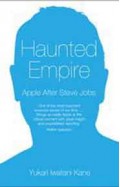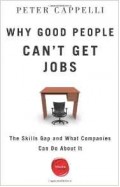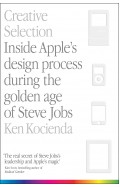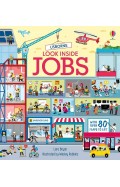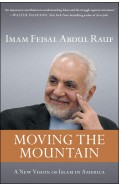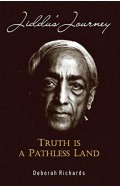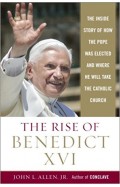The Zen of Steve Jobs
By: Caleb Melby
-
Rs 7,555.50
- Rs 8,395.00
- 10%
You save Rs 839.50.
Due to constant currency fluctuation, prices are subject to change with or without notice.
| Book | |
| What's in the Box? | 1 x The Zen of Steve Jobs |
Zubin Mehta: A Musical Journey (An Authorized Biography)
By: VOID - Bakhtiar K. Dadabhoy
Rs 840.00 Rs 1,050.00 Ex Tax :Rs 840.00
Haunted Empire: Apple After Steve Jobs
By: Yukari Iwatani Kane
Rs 760.00 Rs 950.00 Ex Tax :Rs 760.00
Why Good People Cant Get Jobs: The Skills Gap and What Companies Can Do About It
By: Peter Cappelli
Rs 2,150.00 Ex Tax :Rs 2,150.00
Creative Selection: Inside Apple's Design Process During the Golden Age of Steve Jobs
By: Ken Kocienda
Rs 3,295.00 Ex Tax :Rs 3,295.00
Moving the MountainBeyond Ground Zero to a New Vision of Islam in America
By: Imam Feisal Abdul Rauf
Rs 1,836.00 Rs 2,295.00 Ex Tax :Rs 1,836.00
Burqas Baseball and Apple Pie: Being Muslim in America
By: Ranya Tabari Idliby
Rs 2,156.00 Rs 2,695.00 Ex Tax :Rs 2,156.00
All-American: 45 American Men on Being Muslim (I SPEAK FOR MYSELF)
By: Wajahat Ali
Rs 1,276.00 Rs 1,595.00 Ex Tax :Rs 1,276.00
The Rise of Benedict XVI: The Inside Story of How the Pope Was Elected and Where He Will Take the Catholic Church
By: John L. Allen Jr.
Rs 792.00 Rs 990.00 Ex Tax :Rs 792.00
Haunted Empire: Apple After Steve Jobs
By: Yukari Iwatani Kane
Rs 760.00 Rs 950.00 Ex Tax :Rs 760.00
Why Good People Cant Get Jobs: The Skills Gap and What Companies Can Do About It
By: Peter Cappelli
Rs 2,150.00 Ex Tax :Rs 2,150.00
Creative Selection: Inside Apple's Design Process During the Golden Age of Steve Jobs
By: Ken Kocienda
Rs 3,295.00 Ex Tax :Rs 3,295.00
No recently viewed books available at the moment.
Zubin Mehta: A Musical Journey (An Authorized Biography)
By: VOID - Bakhtiar K. Dadabhoy
Rs 840.00 Rs 1,050.00 Ex Tax :Rs 840.00
Haunted Empire: Apple After Steve Jobs
By: Yukari Iwatani Kane
Rs 760.00 Rs 950.00 Ex Tax :Rs 760.00
Why Good People Cant Get Jobs: The Skills Gap and What Companies Can Do About It
By: Peter Cappelli
Rs 2,150.00 Ex Tax :Rs 2,150.00
Creative Selection: Inside Apple's Design Process During the Golden Age of Steve Jobs
By: Ken Kocienda
Rs 3,295.00 Ex Tax :Rs 3,295.00












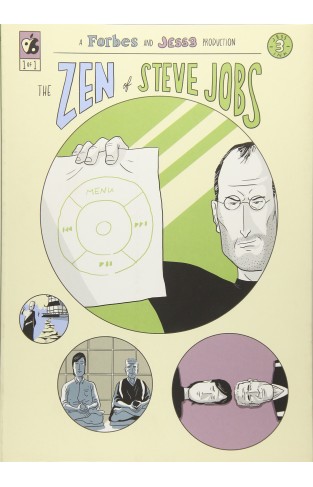
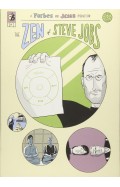
-120x187.jpg?q6)





